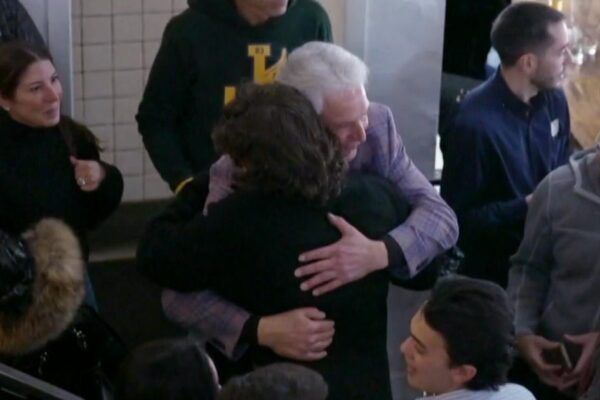
Overtourism: Arashiyama Launches Night Event To Ease Daytime Crowds
Organized jointly by local shopping street associations, transport operators, and residents, the project is designed not simply to attract more people but to disperse daytime congestion by creating a photogenic experience at night when visitor numbers are typically low.
The paid area is intended to generate steady revenue that can be reinvested locally. Proceeds will prioritize practical measures such as adding trash bins and toilets, preserving the bamboo forest, repairing damaged stalks, and purchasing a community bus reserved for residents. The bus would improve mobility during peak tourist seasons when traffic restrictions are imposed and some neighborhoods face fewer regular bus services than before.
Residents have long participated in discussions with merchants to address overtourism. During last year’s autumn foliage season, Arashiyama operated a trial ride-share taxi for residents affected by traffic controls to secure daily transportation.
Crowding and etiquette remain pressing issues beyond central Kyoto. In Ine, the picturesque waterfront lined with boat houses, an hourly 60-seat route bus has struggled when visitors fill seats, leaving local riders behind. Meanwhile, narrow roads have suffered frequent congestion as more travelers arrive by car.
Authorities and local groups are promoting park-and-bus-ride and park-and-cruise schemes that shift cars to free parking areas and move visitors by shuttle bus or boat. Alongside these, a sightseeing express bus that stops only at major attractions aims to reduce pressure on regular routes.
Manners problems such as trespassing into boathouses and littering have become more visible since last year, which local observers partly attribute to the rise of group tours by overseas visitors. Countermeasures include distributing multilingual leaflets on buses to explain rules and cultural norms.
The Moonlit Path organizers stress that dispersing crowds and encouraging better behavior must be paired with a tangible give-back to those who live with tourism year-round. By visibly reinvesting admission income in services residents can feel—cleaner streets, maintained scenery, and dedicated transport—the initiative aims to build a model that other destinations can adopt if it proves effective this month.
https://newsonjapan.com/article/147132.php
You may also like
更多推荐
You may be interested
Congress Leader Rahul Gandhi Says He’s ‘Getting Help From Inside ECI’ To Expose Alleged Vote Fraud – Video
New Delhi: Congress leader Rahul Gandhi has alleged that he...
The incredible transformation of Elastigirl on screen
**The Incredible Transformation of Elastigirl on Screen** *By Vinita Jain...
‘Dabangg’ director labels Salman ‘criminal’; says actor had ‘unflattering image’
**‘Dabangg’ Director Labels Salman Khan a ‘Criminal’; Reveals Actor Had...
 The New York Times
The New York Times
- British Police Arrest Former Prince Andrew Amid Scrutiny Over Epstein Ties 2026 年 2 月 20 日 Megan Specia, Michael D. Shear and Michael Levenson
- Stephen Colbert Balks at Trump’s Board of Peace 2026 年 2 月 20 日 Trish Bendix
- Eric Dane, McSteamy on ‘Grey’s Anatomy,’ Dies at 53 After Battling ALS 2026 年 2 月 20 日 Johnny Diaz
- This Is How an Autocrat Goes to War 2026 年 2 月 20 日 Michelle Goldberg
- Ukrainian Women Tell Their Stories of Sexual Violence by Russian Soldiers 2026 年 2 月 20 日 Lynsey Addario and Sara Cincurova
- Two Sisters Died in Tahoe Area Avalanche During Trek With Friends 2026 年 2 月 20 日 Sabrina Tavernise, Heather Knight and Soumya Karlamangla
- Trump Says He Will Release Files on Aliens and U.F.O.s 2026 年 2 月 20 日 Chris Cameron
- MAHA Moms Turn Against Trump: ‘Women Feel Like They Were Lied To’ 2026 年 2 月 20 日 Sheryl Gay Stolberg and Hiroko Tabuchi
- Venezuela Passes Amnesty Bill Denounced by Some as ‘Unjust’ 2026 年 2 月 20 日 Max Bearak, Annie Correal, Patricia Sulbarán, Isayen Herrera and Genevieve Glatsky
- What We Know About the Victims of the Tahoe Area Avalanche 2026 年 2 月 20 日 Heather Knight, Sabrina Tavernise and Soumya Karlamangla



Leave a Reply